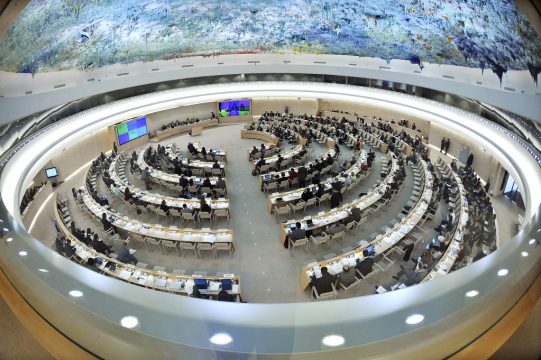A series of ground-breaking briefing notes were produced by the Human Dignity Trust in the second half of 2015. These notes aim to illustrate the link between the criminalisation of lesbian, gay, bisexual and transgender (LGBT) people and various aspects of good governance. They also offer information and guidance to governments, the international community, civil society and activists on how to bring about the decriminalisation of same-sex sexual activity across the globe. This research draws on our experience working with activists in criminalising countries and our expertise in international human rights law. They were produced in consultation with leading academics in each of the areas addressed.
LGBT people living in countries criminalising private, consensual same-sex activity are particularly vulnerable to discrimination, persecution and isolation. This heightened vulnerability arises for two main reasons. First, in times of increased lawlessness and pressure on scarcer resources, homophobia manifests and can be acted upon with impunity. Pre-existing stigma becomes amplified. Second, international humanitarian law (IHL) overlooks the vulnerability and needs of LGBT people. Both of these factors ultimately arise due to the past and present criminalisation of homosexuality. Even where same-sex intimacy is no longer a crime, homophobia can persist and surface in an extreme way in times of conflict or disaster.
This note outlines the violations against LGBT people in the context of conflict, post-conflict and post-disaster situations. It highlights gaps in international humanitarian law, including LGBT people in responses to conflict and disaster and state-building as a means to remove structural homophobia. The general vulnerability of LGBT people to violence is explained as is the necessity to provide asylum to LGBT people from countries that face humanitarian crises.
Download the note



